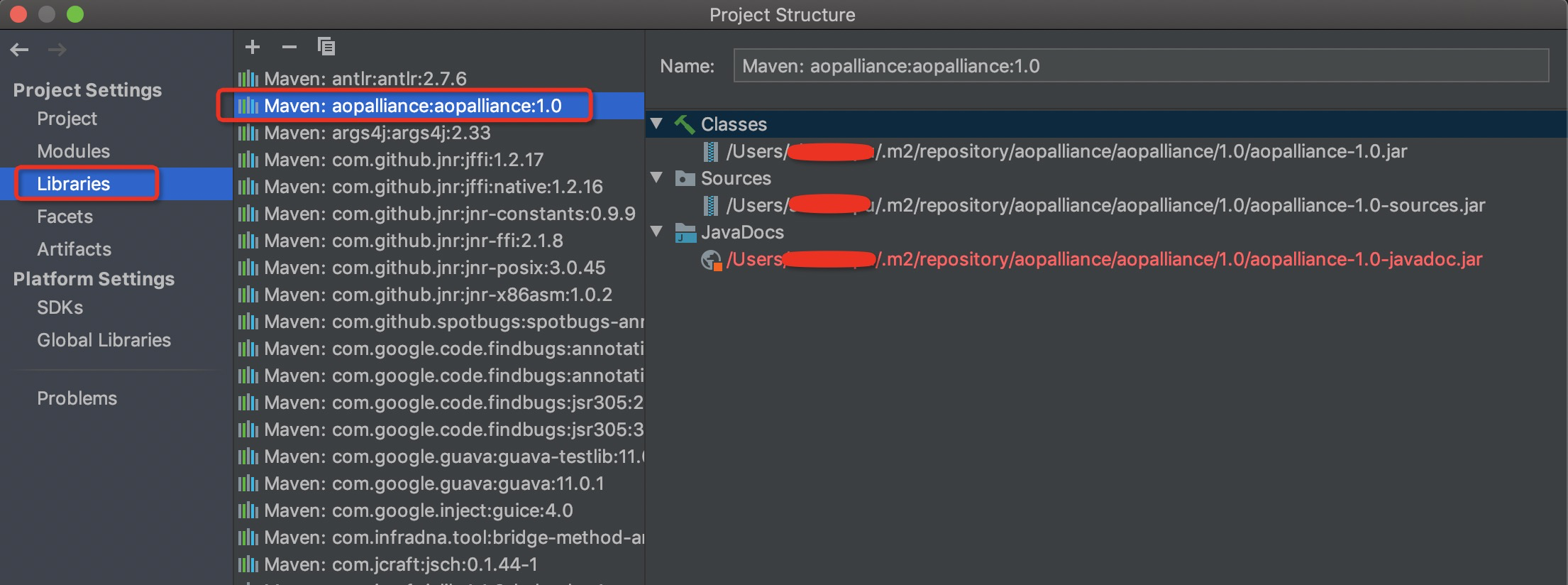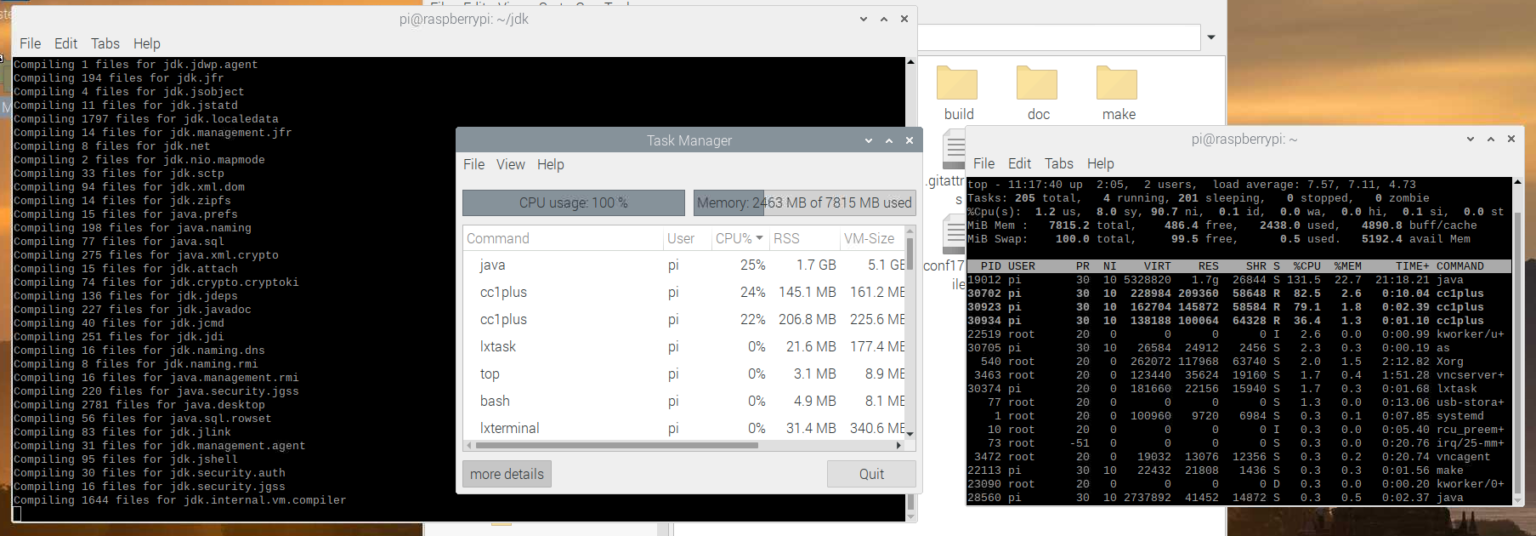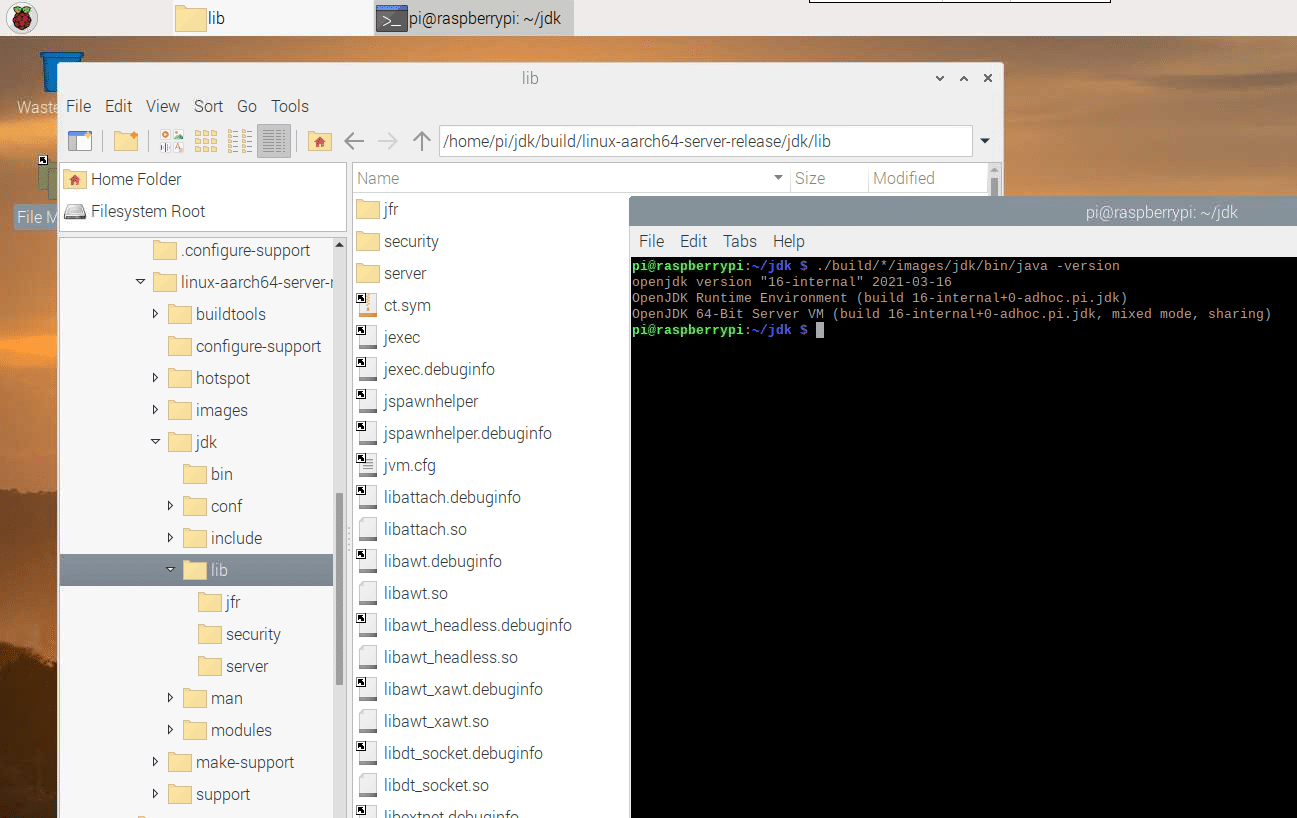
=/Library/Java/JavaVirtualMachines/jdk-11.0.10.jdk/Contents/Home I already downloaded Java 11 and added Java 11 in gradle.properties. changing the JAVA_HOME environment variable. You can try some of the following options: > Android Gradle plugin requires Java 11 to run. OpenJDK 64-Bit Server VM (build 16-internal+0-adhoc.pi.I downloaded the newest Android Studio, and I wanted to run the Android Jetpack Compose Project, but when I ran it, I got the error: > Failed to apply plugin ''. OpenJDK Runtime Environment (build 16-internal+0-adhoc.pi.jdk)

For reference, on a Ubuntu 20.04 PC with Intel Core i7 with 16GB memory it takes about 15 minutes. In my case (Raspberry Pi 4 with 8 GB memory and 64-bit Raspbian OS) this took just under 60 minutes. The Raspberry Pi 4 has enough resources as memory usage fluctuates between 1 and 3GB. This will run for a longer time, compiling all components of the JDK. With all the required tools being available and configured, we can start the compile process with `make images`.

* C Compiler: Version 8.3.0 (at /usr/bin/gcc) * Toolchain: gcc (GNU Compiler Collection) * Boot JDK: openjdk version "15" OpenJDK Runtime Environment (build 15+36) OpenJDK 64-Bit Server VM (build 15+36, mixed mode) (at /home/pi/.sdkman/candidates/java/current) * Version string: 16-internal+0-adhoc.pi.jdk (16-internal) * OpenJDK target: OS: linux, CPU architecture: aarch64, address length: 64 * JVM features: server: 'aot cds compiler1 compiler2 epsilongc g1gc graal jfr jni-check jvmci jvmti management nmt parallelgc serialgc services shenandoahgc vm-structs zgc' home/pi/jdk/build/linux-aarch64-server-release
#Openjdk github install#
$ sudo apt-get install libfontconfig1-devĪ new configuration has been successfully created in $ sudo apt-get install libx11-dev libxext-dev libxrender-dev libxrandr-dev libxtst-dev libxt-dev Now we are ready to install all the required tools, get the sources from GitHub, and create the JDK build configuration. So we start with installing Java JDK 15 with SDKMAN: $ sudo apt install zip To be able to build, you need a recent (released) JDK. I used the work-in-progress 64-bit version of Raspberry Pi OS for this blog post.

That's how I ended up with this list of commands. By just running the given command, the missing tools will be installed and you can run the command again.
#Openjdk github how to#
`bash configure`), you will be alerted if additional tools are required and how to install them. And each time you run one of the steps (e.g. The build process is very well explained in the sources. " Faster & More Reliable 64-bit OS on Raspberry Pi 4 with USB Boot"

This also means we are now able to build OpenJDK ourselves from the latest sources, very easily, on any device where we want to use the latest not-yet-released-version.Ĭonsider switching your Raspberry Pi to USB Boot for higher read speeds and more reliable disc writes. This process has been described on the GitHub blog.
#Openjdk github full#
Thanks to a lot of work done by the community, the full Java development flow has been migrated to GitHub while keeping the repository history. The OpenJDK sources are now fully available and developed on GitHub as a result of Project Skara. Building OpenJDK from GitHub Sources on 64-bit Raspberry Pi October 21, 2020


 0 kommentar(er)
0 kommentar(er)
